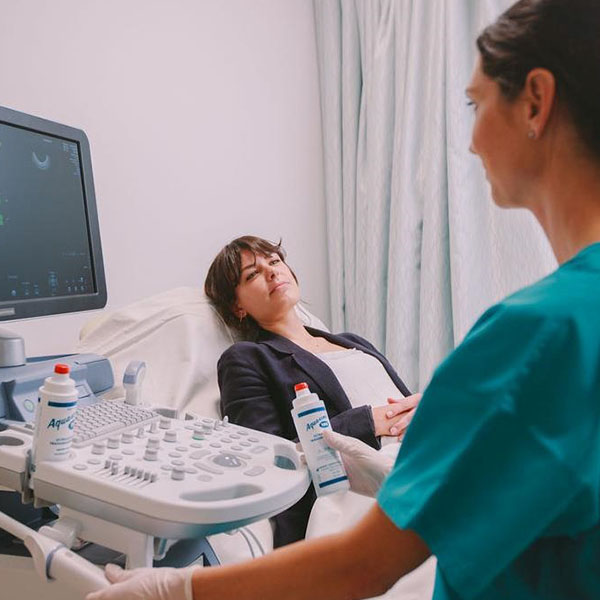The right time to see a fertility specialist
When you decide to consult with a fertility specialist in Bali will be dependent on your preferences and unique circumstances, but equipping yourself with expert guidance will give you the confidence to take the next steps.

When should I see a fertility specialist?
Some people reach out for help after a couple months of trying to conceive, whilst others decide to wait a little longer. We are here to offer you guidelines. But whenever you choose to see a fertility specialist, our clinic, Bali Fertility Centre, is ready to support you at every step along the way.
Our expert guidelines advise patients to reach out to a Fertility Specialist when pregnancy is unsuccessful after trying for a baby:
- 12 months of regular, unprotected sex if you’re under 35
- 6 months of regular, unprotected sex if you’re 35 or over
However, many people choose to meet with a Fertility Specialist sooner. If you’re worried, we would recommend scheduling an appointment or a Nurse Chat over the phone to discuss your concerns with one of our experts.
When its urgent to see a fertility specialist?
If you or your partner have been diagnosed with any of the following conditions, we recommend that you book an appointment with one of our Fertility Specialists right away:
Females with the following conditions:
- PCOS
- Endometriosis
- Tubal damage
- Fibroids
- Irregular or absent periods
- Recurrent pregnancy loss
- Pelvic inflammatory disease
- Genetic, hormonal, or other medical conditions that affect fertility
Males with conditions such as:
- Low sperm count
- Azoospermia (low to no sperm)
- Reduced sperm motility
- Poor sperm morphology
- Anti-sperm antibodies
- Erectile or ejaculatory dysfunction
- Genetic, hormonal, or other medical conditions that affect fertility
- Complications from a vasectomy reversal

What can I expect during my initial visit at a fertility clinic like Bali Fertility Centre?
During your initial visit, your Fertility Specialist will get to know you and your partner. They will ask comprehensive questions about your general health, medical history, and your fertility journey and situation to date. They may also want to perform a physical examination.
Your Fertility Specialist may also recommend a few, or all, of the following tests for you and your partner:
Fertility Tests for Females
- Ovulation Monitoring: A blood test on day two to four of your menstrual cycle. This test will check your levels of follicle stimulating hormone (FSH), luteinizing hormone (LH), thyroid stimulating hormone (TSH), and prolactin.
- Ovarian Reserve Test: A blood test that checks the level of anti-mullerian hormone (AMH) in your body. This test tells us if your egg count is healthy for your age group.
- Further Blood Tests: To check your blood group, and to measure your immunity to rubella (German measles) and varicella (chickenpox). We will also screen for thalassemia and certain STIs (e.g., HIV, Hepatitis B, and Hepatitis C), and perform a full blood count.
- Cervical Screening Test: If yours isn’t up to date, the doctor may request an updated screening test.
- Genetic Carrier Screening: If you have a history of genetic conditions, the doctor will request a genetic carrier screening.
- Fallopian Tube Patency Tests: To check if your fallopian tubes are patent (open).
- Uterine Health Checks: An examination of the uterine structure to investigate for unusual growths.
Fertility Tests for Males
- Semen Analysis: To check the number and quality of your sperm, and to look for signs of anti-sperm antibodies or infection. You may be asked to repeat this analysis if the first test is found to be abnormal.
- Blood Tests: To assess hormone levels and screen for STIs like HIV, Hepatitis B, and Hepatitis C.
- Genetic Carrier Screening: If you have a history of genetic conditions, the doctor will request a genetic carrier screening.
Facing infertility takes real bravery. Bali Fertility Centre is here and when you’re ready to move your thoughts into action, your appointment can be scheduled without delay or waiting times.

